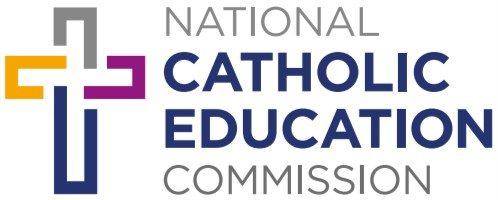From Tasmania to the Top End and even as far as East Timor, Emma Marshall has dedicated her career to making a difference in Catholic education. With experience teaching from Kindergarten to Year 12 and leading in a wide range of roles from Literacy Leader to Deputy Principal at St Anthony’s Catholic School Riverdale, Emma brings deep compassion, cultural understanding, and a strong commitment to student wellbeing. Since beginning her career in 2008, she has worked across Tasmania and the Northern Territory, including in remote and Indigenous communities, and contributed to teacher development internationally. Always grounded in the belief that education has the power to transform lives, Emma reflects on her journey, the lessons learned, and what it means to teach and lead with purpose in today’s Catholic schools.
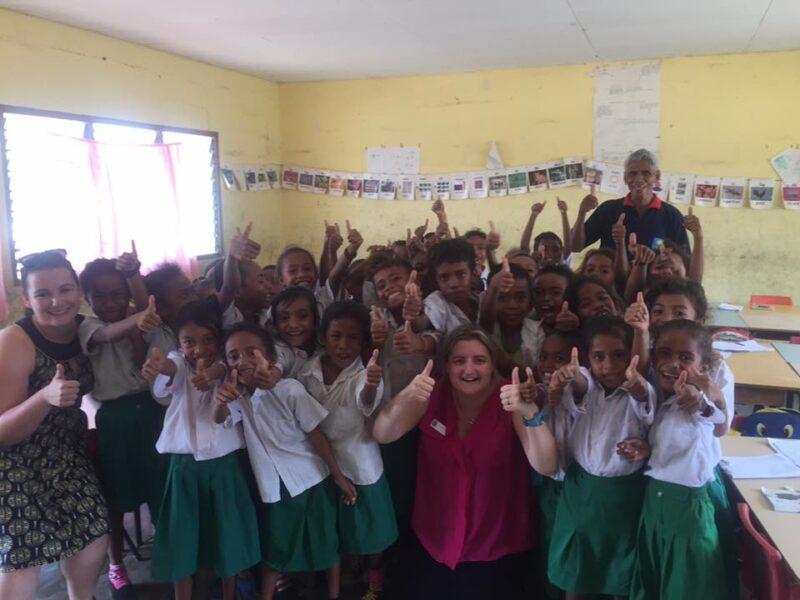

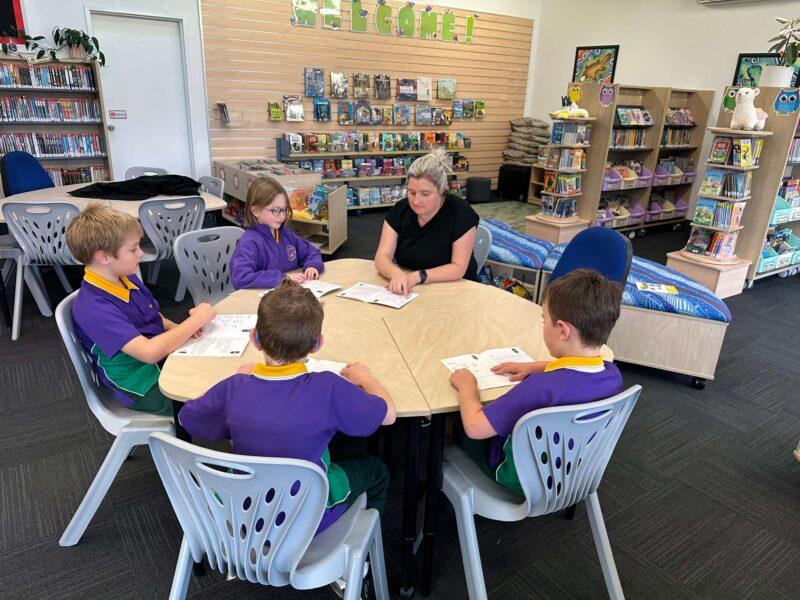
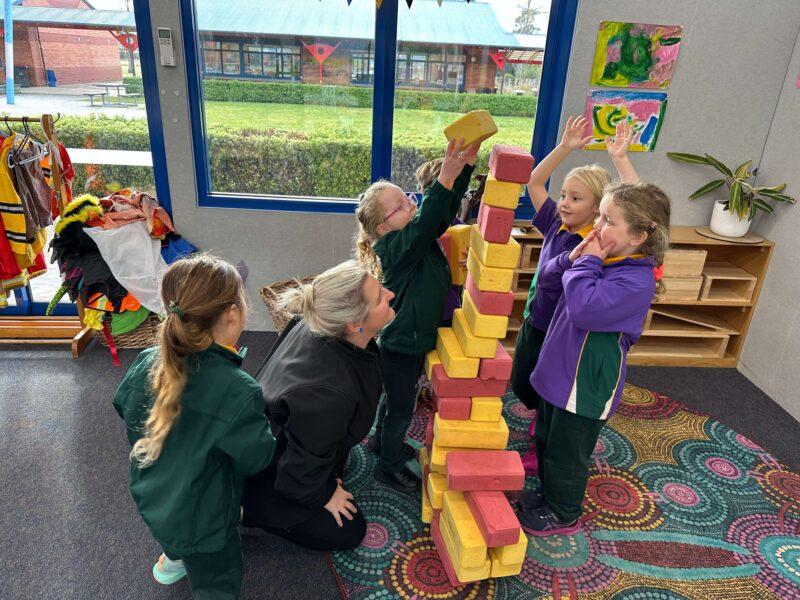
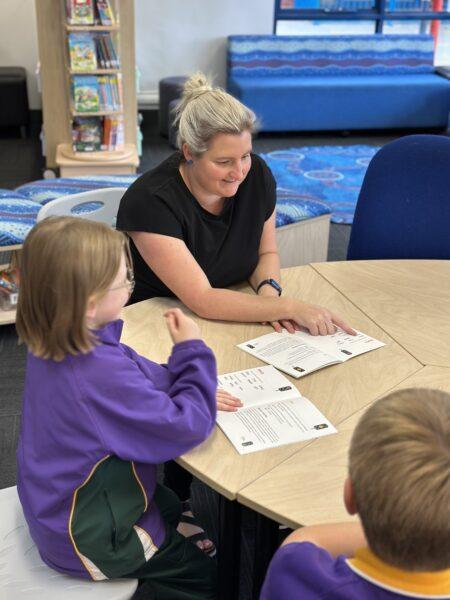
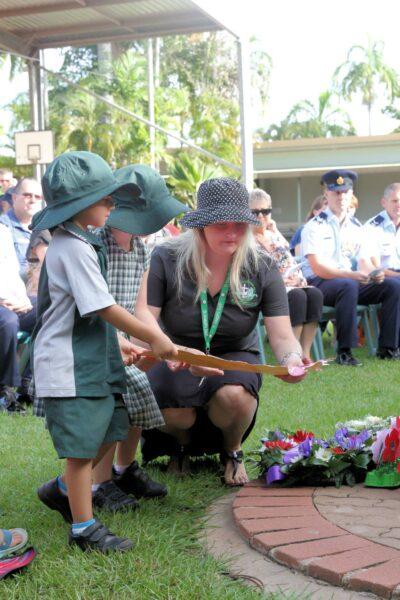
What inspired you to become a teacher?
I was inspired to become a teacher by a deep desire to make a positive difference in the lives of young people. From an early age, I admired the teachers who not only helped me learn but who believed in me, encouraged me, and made me feel seen and valued. Their impact stayed with me and sparked a passion to do the same for others.
I’ve always been drawn to the energy of a classroom—the joy of discovery, the challenge of learning, and the relationships that form through shared growth. Teaching allows me to combine my love of learning with a genuine care for children’s wellbeing and development.
Can you share a moment in your career where you really felt you made a difference?
Sometimes, teaching is not primarily about the curriculum we deliver or the lessons we meticulously plan—it’s about the meaningful relationships we build with our students. It’s about being present, approachable, and genuinely interested in their lives beyond the classroom.
True impact often lies in the small, seemingly ordinary moments: when a student eagerly finds you in the playground just to share their weekend soccer goal, the excitement of an upcoming birthday party, or the special story of a family holiday. These aren’t just casual conversations—they’re signs of trust. They show that a child feels safe, seen, and valued by you.
Equally important are the moments when a student seeks you out to share something difficult, perhaps a worry, a loss, or a problem they don’t quite have the words to explain. In these quiet, tender exchanges, we are not just teachers—we are listeners, supporters, and steady presences in a child’s world.
Teaching, at its core, is about connection. It is in these everyday moments of joy, vulnerability, and trust that we truly make a difference, moments that may never appear in a lesson plan, but that shape a child’s sense of self and belonging for years to come.
Is there a story from your time teaching that has inspired you/had a deep impact on you?
I feel incredibly privileged to have worked in a diverse range of school communities throughout my teaching career, each offering a unique socio-economic and geographical context. From the remote and rugged West Coast of Tasmania to the desert landscapes of Yulara, and the culturally rich communities of Katherine, Darwin, and Launceston, each experience has shaped my approach to education and broadened my perspective as both a teacher and a leader.
Beyond my leadership roles in Tasmania, I have had the honour of working in Indigenous communities in the Northern Territory, where I gained invaluable experience in culturally responsive education. These moments were deeply formative, reinforcing the importance of relationships, cultural respect, and community-led learning. They taught me that meaningful education must be grounded in empathy, listening, and genuine connection.
My professional journey has also extended beyond Australian borders. I have contributed to international professional learning through teacher training and development programs in East Timor, supporting local educators in strengthening their pedagogical practices. These opportunities for cross-cultural exchange have reaffirmed my belief in education as a powerful force for equity and transformation.
How does your faith shape your teaching approach?
My faith shapes my teaching approach by reminding me that each child is a unique and sacred individual, deserving of care, respect, and encouragement. It guides me to teach with compassion, patience, and a deep sense of purpose, knowing that my role is not only to educate minds but also to nurture hearts.
I strive to create a classroom environment where Gospel values like kindness, inclusion, forgiveness, and service are lived out daily. My faith challenges me to see the potential in every student, to meet them where they are, and to walk alongside them in their growth, not just academically, but spiritually and emotionally.
Through faith, teaching becomes more than a profession; it becomes a vocation—a call to serve others and help shape young people into thoughtful, empathetic, and hopeful individuals who will make a difference in the world.
A study pilgrimage to Rome has further enriched my commitment to Catholic education and lifelong learning. This experience deepened my understanding of faith-based leadership and the foundational role of spirituality in guiding educational communities. I was also honoured to participate in World Youth Day, a deeply moving experience that strengthened my dedication to nurturing the spiritual lives of students and helping them grow as compassionate, faith-filled individuals.
Throughout all of these experiences, I have been blessed to work alongside dedicated teachers, inspiring students, committed staff, and welcoming families. Each encounter has contributed to the educator and person I am today, and I remain deeply grateful for the lessons and relationships that continue to shape my vocation in Catholic education.
What’s the most rewarding part of teaching in a Catholic school?
The most rewarding part of teaching in a Catholic school is the opportunity to help shape students not only as learners but as people of faith, compassion, and integrity. It’s deeply fulfilling to work in a community where shared values guide our actions, and where we can speak openly about hope, purpose, and service to others. Being able to integrate faith into everyday teaching, through prayer, reflection, and Gospel values, adds a deeper meaning to my work. Watching students grow in kindness, confidence, and their understanding of their place in the world is incredibly uplifting. There’s also a strong sense of belonging in a Catholic school. The relationships formed with students, families, and colleagues are built on mutual respect, care, and a commitment to something greater than us. That sense of shared mission and community is truly one of the greatest rewards.
What do you think is the most valuable role Catholic education plays in today’s society?
The most valuable role Catholic education plays in today’s society is its commitment to nurturing the whole person, academically, spiritually, morally, and socially. In a world that is often fast-paced and fragmented, Catholic schools offer a sense of belonging, purpose, and hope.
Catholic education provides more than just academic excellence; it teaches students to lead lives of service, compassion, and justice. It instils core values grounded in the Gospel—such as dignity, respect, empathy, and stewardship—that prepare young people to be thoughtful, ethical, and engaged members of society.
By encouraging a strong sense of social responsibility and care for others, especially the most vulnerable, Catholic education helps shape future leaders who will contribute to the common good. Its enduring value lies in forming students who not only succeed, but who live with integrity and lead with heart.
